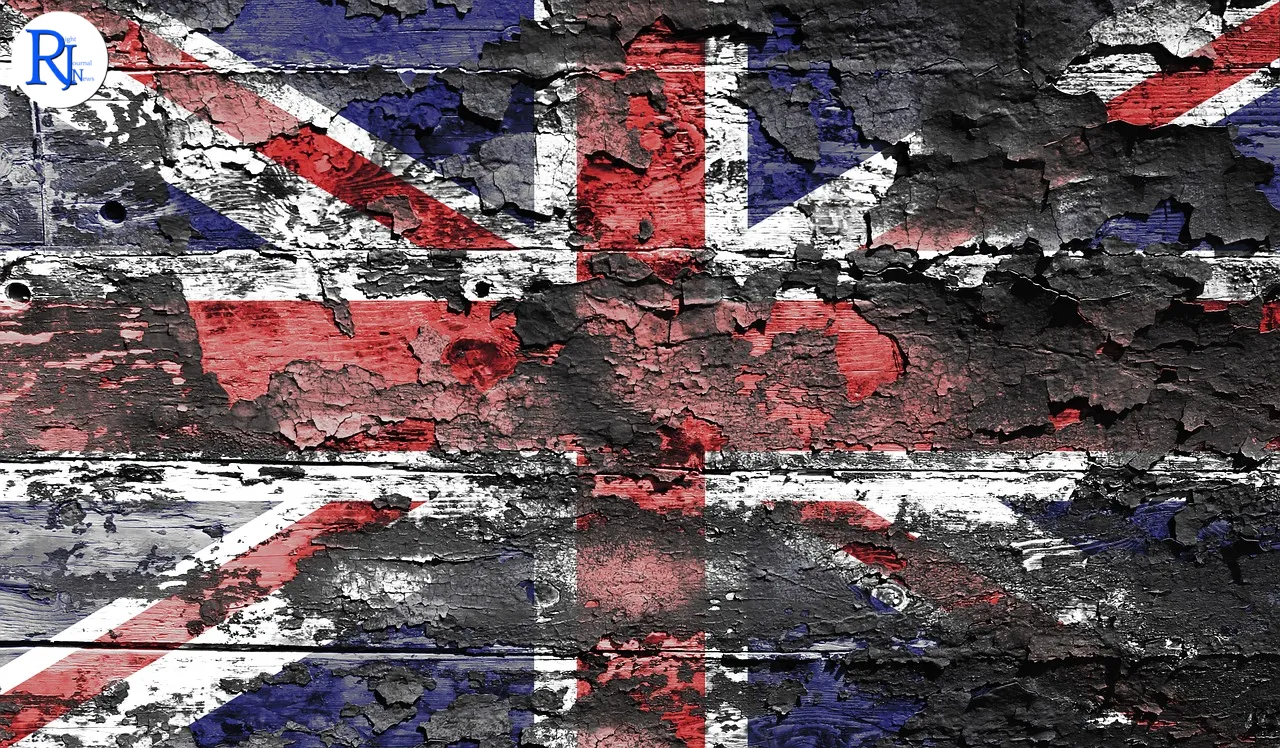The UK stands on the brink of renewed social unrest, according to a recent report by British Future and the Belong Network. The research highlights that one year after the summer riots, a third of the UK population rarely interacts with individuals from different backgrounds, underscoring a growing divide. Experts warn of a “powder keg” situation, urging urgent intervention to prevent further polarisation and potential conflict.
The report, titled “A Year On: The State of Social Cohesion in the UK,” was released on 14 July 2025. It paints a concerning picture of a nation grappling with deep-rooted divisions. The findings suggest that without immediate action, the risk of unrest similar to last year’s riots remains high. The study calls for comprehensive strategies to bridge the gap between communities and foster social cohesion.

Rising Tensions and Limited Interaction
The report reveals a troubling statistic: one-third of Britons report rarely meeting individuals from different ethnic or cultural backgrounds. This lack of interaction is a significant factor in the growing social tensions. Experts argue that such isolation can lead to misunderstandings and reinforce stereotypes, further entrenching divisions.
Sunder Katwala, director of British Future, emphasised the importance of diverse interactions in building a cohesive society. “When people from different backgrounds engage with each other, it fosters understanding and reduces prejudice,” he stated. However, the report indicates that many communities remain insular, contributing to a climate of suspicion and mistrust.
The Legacy of Last Summer’s Riots
The summer riots of 2024 serve as a stark reminder of the consequences of unchecked social tensions. Sparked by economic disparities and perceived injustices, the riots spread across major cities, leaving a trail of destruction. The aftermath saw communities grappling with the fallout and searching for answers on how to prevent future occurrences.
The report suggests that the underlying issues that led to the riots have not been adequately addressed. Economic inequality, lack of opportunities, and systemic discrimination continue to plague many communities. Without targeted interventions, the risk of similar events reoccurring remains high, the report warns.
Calls for Action and Policy Recommendations
In response to the findings, the report outlines several policy recommendations aimed at fostering social cohesion. These include initiatives to promote interaction between diverse groups, educational programmes focused on cultural awareness, and economic policies that address inequality.
Sarah Mann, director of the Belong Network, highlighted the need for government action. “We need a coordinated effort that involves local communities, policymakers, and organisations to bridge divides and promote unity,” she said. The report calls for the establishment of community centres and events that encourage dialogue and understanding among different groups.
The Role of Education and Media
Education and media play a crucial role in shaping perceptions and attitudes towards diversity. The report stresses the importance of inclusive curricula that reflect the diverse nature of British society. Schools are encouraged to implement programmes that promote cultural understanding and empathy among students.
Additionally, the media is urged to portray diverse narratives and challenge stereotypes. By highlighting positive stories of integration and cooperation, the media can contribute to changing perceptions and reducing tensions. The report calls for responsible journalism that focuses on unity rather than division.
Economic Disparities and Their Impact
Economic inequality remains a significant driver of social tensions in the UK. The report identifies disparities in income, employment opportunities, and access to resources as key factors contributing to the divide. Many communities affected by last year’s riots continue to experience economic hardship, exacerbating feelings of resentment and frustration.
To address these issues, the report advocates for policies that promote economic inclusion and support for marginalised communities. Initiatives such as job training programmes, investment in deprived areas, and support for small businesses are recommended to create opportunities and reduce inequality.
Looking Forward: Building a Cohesive Society
The findings of the report serve as a wake-up call for the UK. Without immediate action, the risk of social unrest looms large. However, the report also presents an opportunity for positive change. By addressing the root causes of division and promoting understanding, the UK can build a more cohesive and resilient society.
As the nation reflects on the lessons from last year’s riots, there is hope that with concerted effort and collaboration, a more united future is possible. The report concludes with a call to action: to prioritise social cohesion and work towards a society where all individuals, regardless of background, feel valued and included.

